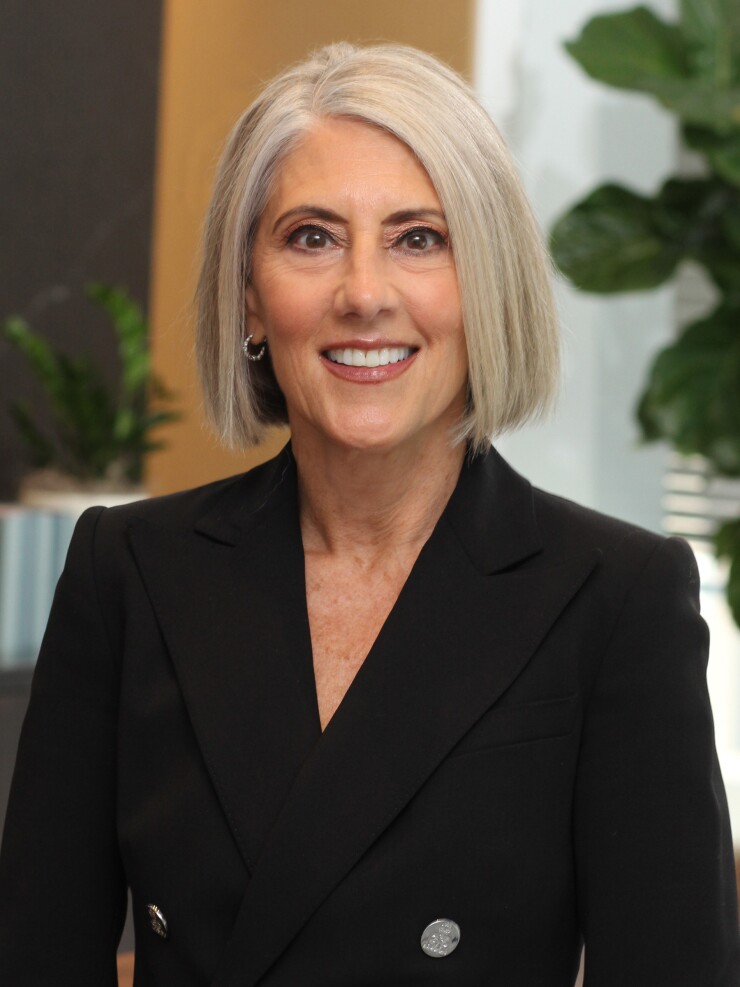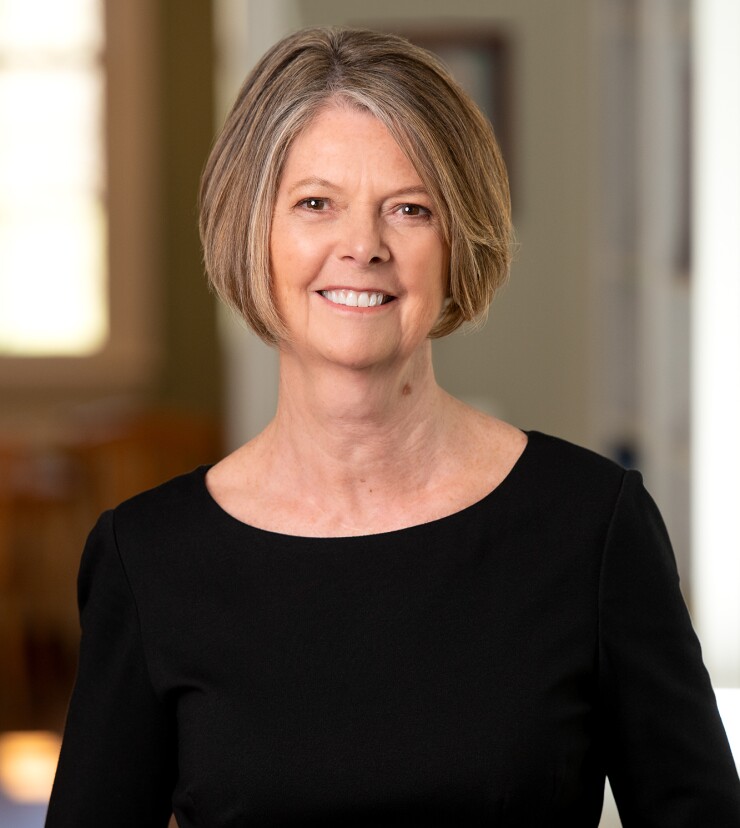When it comes to addressing the underrepresentation of women in financial services, much has been achieved
Ten years ago, CFP Board Center for Financial Planning founded the Women's Initiative (WIN), dedicated to bringing more women into the field. Also in 2013, the center published a

Since then, progress has been steady, with every year since 2016 seeing rising numbers of women CFP professionals. In 2022, women made up nearly 30% of all new CFP professionals and 23.6% of total CFP professionals — a 4.4% increase over the previous year. To keep this momentum going, this year the center established a

Yet several factors that caused women to decide against careers in financial planning a decade ago remain at play today, including
Knowing vs. doing
Cultivating a strong pipeline of future female CFP professionals will help usher in the next generation of leaders. These leaders will not only increase women's representation in the profession but will also strengthen the profession's sustainability by allowing the workforce to better reflect and
Countless studies show that greater diversity in the workplace across genders, races, ethnicities and age groups leads to enhanced customer growth and higher profit levels. However, when we compare this evidence with the relative lack of progress, there is a clear "knowing-doing gap," which suggests that business leaders are struggling to design and implement programs that effectively build a diverse workforce.
It's ironic because women can be particularly well-suited to a career in financial planning. Women often possess stronger interpersonal skills — key for counseling clients through the most sensitive and pivotal times in their lives. A 2021
Gender diversity in the talent pipeline
The first step to increase gender diversity in the talent pipeline is for leaders to acknowledge these barriers. Long-standing professions like financial planning face a tremendous challenge in diversifying a historically homogeneous workforce. Organizations must look beyond existing talent networks and transform legacy hiring models, designing initiatives to increase engagement of women across the workforce.
Bringing more women into financial planning requires consistent investment in
READ MORE:
Leaders across the industry must better understand women's differentiated needs and provide necessary support and resources. To reduce or remove barriers to certification, and to help women professionals advance their careers in general, mentorship as part of CFP Board's
Despite their very real concerns, many female CFP professionals have found that financial planning offers them access to career opportunities that meet their individual interests and professional needs. Post-pandemic flexibility, including remote work and flexible hours, has enabled some women in financial planning to balance professional and family responsibilities more effectively without giving up the possibility of higher compensation.
As we celebrate the first decade of the Women's Initiative and its incremental achievements, we must work toward even greater progress over the next decade. One of the most rewarding aspects of becoming a financial planner is helping others achieve their goals and improve their quality of life. We're committed to increasing women's opportunities in financial planning, promoting their engagement and expanding their influence in the profession.





